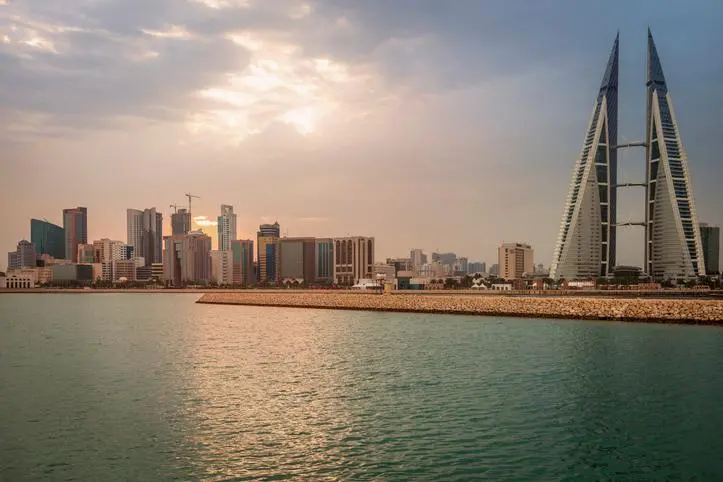PHOTO
BAHRAIN could shift its weekend to Saturday-Sunday to better align its economy with global markets.
Under the proposal by five MPs led by Dr Ali Al Nuaimi, Fridays would be half working days.
If approved, it could mean that Bahrain would introduce a working week of four and half days similar to that of the UAE, Morocco, Indonesia, Malaysia and Mauritania.
The proposal has been forwarded by Parliament Speaker Ahmed Al Musallam to the legislative and legal affairs committee for review.
Committee chairman Mohsin Al Asbool yesterday requested all those concerned to be summoned to next Monday’s meeting to give feedback on the proposal.
“I don’t believe the shift would cause damage or harm how things are being done, the economy or productivity,” said Mr Al Asbool.
“We don’t want to cite Morocco, Indonesia, Malaysia or Mauritania as successful examples, when the UAE is closer and has shown how beneficial this move is,” he added.
“Again, what suits another GCC state couldn’t necessarily be good or bad for us and that’s something government officials will have to show us through a study.
“Logically, we have to align ourselves with the world as we work to become more commerce-friendly and continue as a strong trade and tourism hub.”
Dr Al Nuaimi told the GDN that the weekend wasn’t set in stone, since it was changed 18 years ago, to bridge the gap with global markets.
“Before the weekend in Bahrain was Thursday-Friday, then it got changed to the current Friday-Saturday and now is the time for global integration by shifting it to Saturday-Sunday,” he said.
“Before, the weekend meant a two-day loss as it didn’t completely align, now it is just Sunday, and hopefully whenever the new weekend is approved, such gap wouldn’t exist.
“Some people are saying that the current weekend is fine, but every second matters when we think about business opportunities that change in the fraction of a second.”
He added that it could create opportunities for Bahrain that were not available before.
“Most countries in the region are still on the current system and I believe that the sooner we act, the bigger market accessibility we can create for ourselves under the new weekend, which is clearly more practical and beneficial.”
The GDN reported in July 2022 that more than 40 per cent of people in Bahrain interviewed for a survey said they would like the two-day weekend to continue, rather than switch to a four-an-half-day work week.
The study by the Bahrain Economist Society (BES) covered a random sample of 50 people from different sectors, age groups, gender and nationalities.
The findings revealed that 44pc of respondents preferred the present two-day weekend, while 24pc stated they wouldn’t mind a switch to a two-an-half-day weekend – provided there were no changes to the school attendance hours during the four working days.
Twenty per cent of respondents added that they would be okay with the two-an-half-day weekend but wanted their children to spend more hours in school per week.
The remaining 11pc said they would be comfortable with the two-an-half-day weekend but wanted schools to operate five days a week so that their children’s education is not affected rather than shift to a four-day timetable.
This also meant that all school employees would have to work for five days a week.
Multiple reports in the UAE media have stated that employees feel more work productive and relaxed with the new four-and-a-half-day work week, with employers noticing an improvement in staff attendance.
In 2022, the UAE made a shift of its working week (for the public sector) to four-and-a-half days from Monday until Friday mid-day with a Saturday-Sunday weekend (including for schools).
The UAE government said that work on Friday would end at noon before the prayers, while private companies were free to choose their own working week.
Copyright 2022 Al Hilal Publishing and Marketing Group Provided by SyndiGate Media Inc. (Syndigate.info).




















